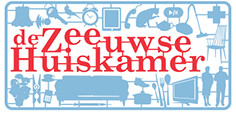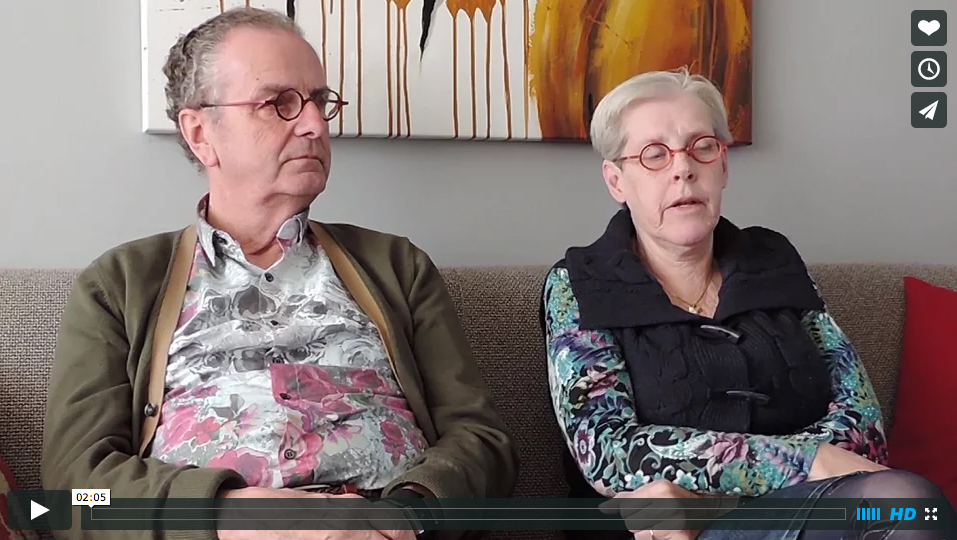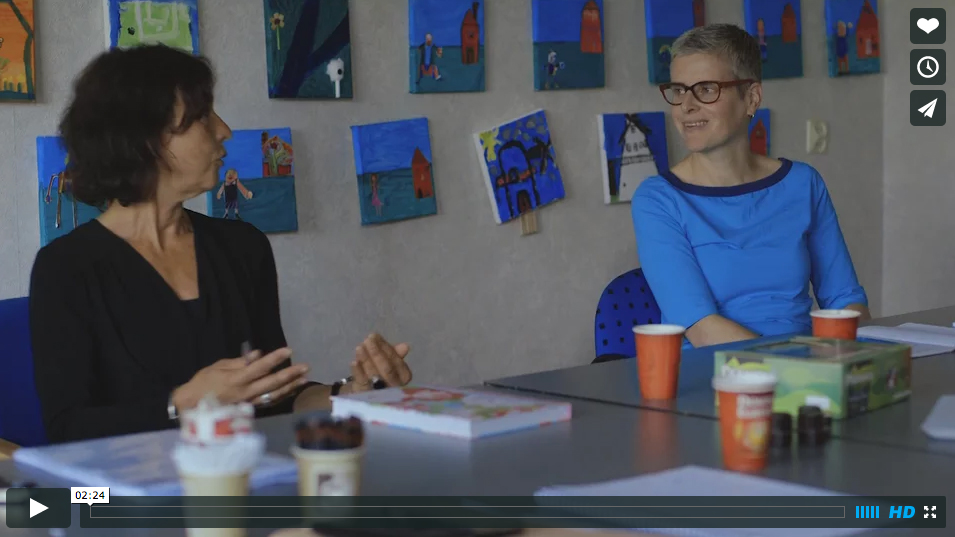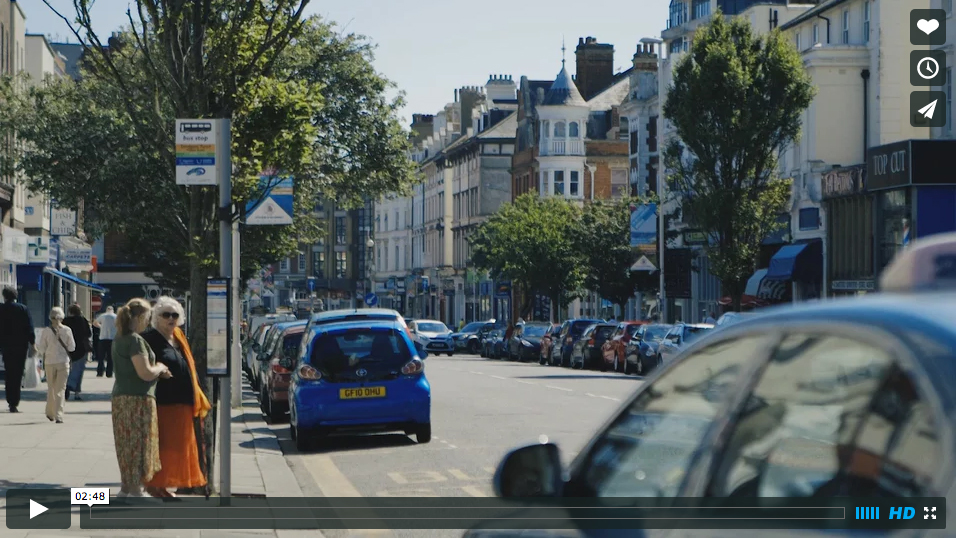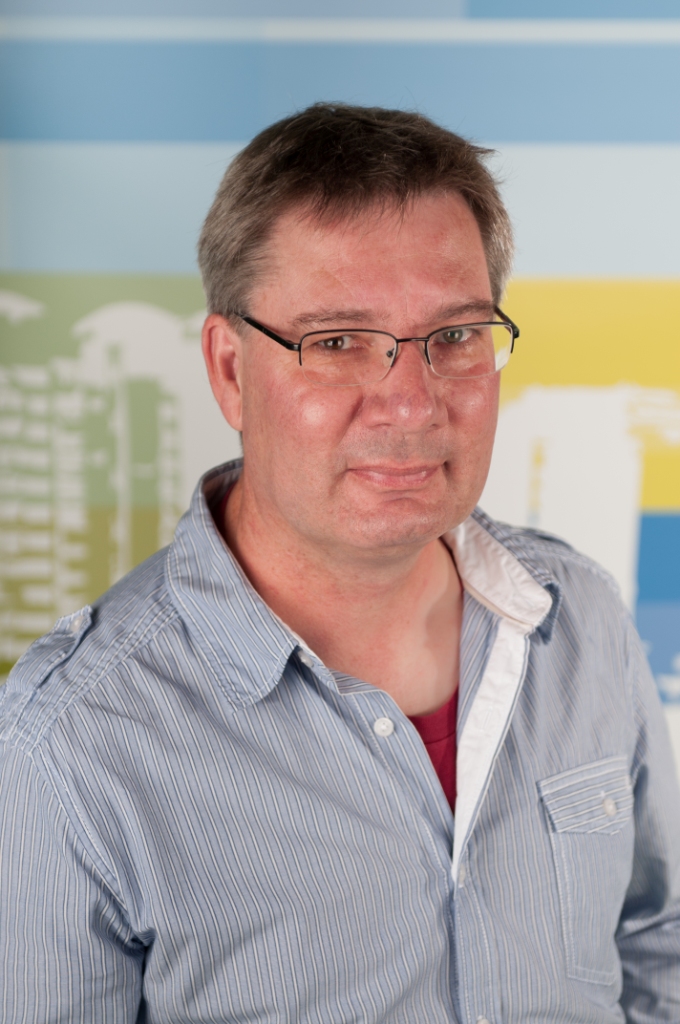
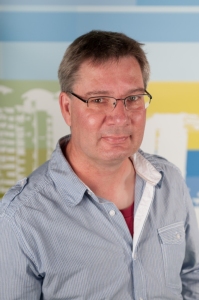 In the project the Zeeland Living Room (ZLR) we wish to gain and build up knowledge on what is needed to be able to live at home longer. Starting point is not what is possible with aids such as domotics, stairlifts, etc., but the questions and needs of residents and their social and medical network. Knowledge about residents’ questions and their possible answers can be recorded in a knowledge database. The knowledge database will be accessible via the internet for all stakeholders.
In the project the Zeeland Living Room (ZLR) we wish to gain and build up knowledge on what is needed to be able to live at home longer. Starting point is not what is possible with aids such as domotics, stairlifts, etc., but the questions and needs of residents and their social and medical network. Knowledge about residents’ questions and their possible answers can be recorded in a knowledge database. The knowledge database will be accessible via the internet for all stakeholders.
For the development of the knowledge database, a method developed by lector ICT Hans de Bruin of HZ University of Applied Sciences is used. This method is called the Expertise Management Method (EMM). EMM focuses on the question how we can best use people’s expertise to reach a common goal.
In the case of ZLR, this goal is to be able to live at home longer. This expertise is certainly not limited to (care) professionals; on the contrary, a lot of expertise is accumulated by people faced with a need for care. For instance: how can I, as a daughter, create a safe environment for my father who suffers from dementia? We wish to uncover the expertise of these hands-on experts because it is highly valuable for people with similar questions.
The connection between ZLR and EMM was quickly made during a company session on living, care and well-being, organised by Arend Roos of Impuls Zeeland. In this session, Petra de Braal made a presentation about her specific approach. Her philosophy and EMM’s form a perfect match: the ZLR concept results in questions and solutions provided by professionals and hands-on experts; their expertise is recorded with EMM.
A concrete case is always the starting point of ZLR/EMM; people of flesh and blood, in specific circumstances who have specific questions. We want to know it all. What is happening, are there barriers, and if so, how can we solve these, how can a resident’s network be mobilised, etc.? We build up theory from case studies, i.e. perspectives to act for people who encounter similar situations. Based on the theory, new questions are posed again, to which we hope to find answers once again with concrete case histories. This way, we build up the knowledge database.
We are currently in the first stage of the ZLR project. We are gathering data. Fifteen higher vocational education students are involved. Generic theory models are constructed from this. The knowledge system for a broad audience is being set up now and will soon be opened.
